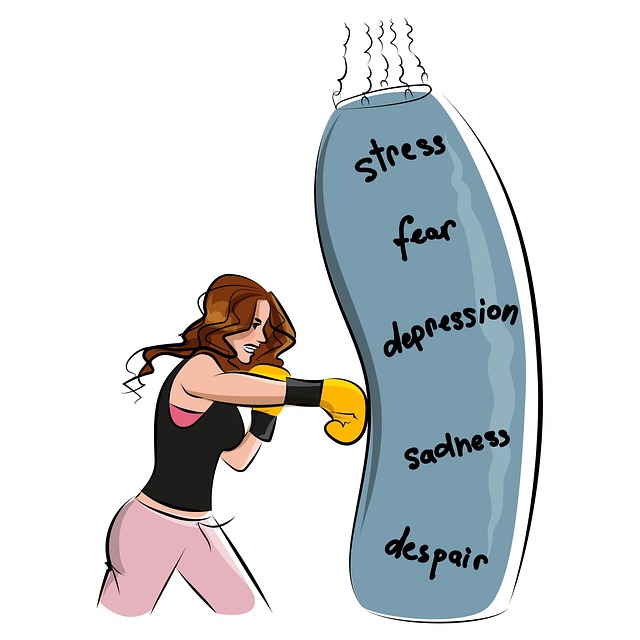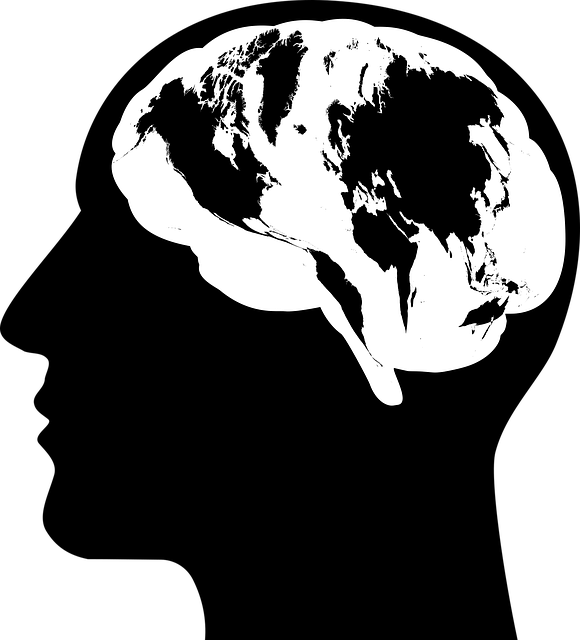Mental wellness programs, focusing on tailored interventions like therapy for children and bariatric evaluations for adults, enhance emotional well-being through holistic approaches. These programs, including play therapy for younger individuals and CBT for adults, significantly contribute to communities' mental health, particularly vulnerable groups. Rigorous evaluations measure improvements in symptoms, life satisfaction, and overall functioning, guiding resource allocation to evidence-based practices. Cultural sensitivity ensures accessibility, with conflict resolution techniques promoting healthy coping mechanisms, especially in children's therapy and bariatric programs.
Mental wellness programs play a pivotal role in fostering holistic well-being, especially in diverse populations such as children and individuals undergoing bariatric treatments. This article explores various evaluation methods employed to assess the effectiveness of these programs. We delve into tailored approaches for pediatric therapy, highlighting specific assessment tools and the balance between qualitative and quantitative measures. Additionally, we examine unique aspects of bariatric evaluations, emphasizing the connection between mental and physical health. Through setting achievable goals and longitudinal tracking, this guide illuminates methods to measure the profound impact of these programs.
- Understanding Mental Wellness Programs
- – Definition and importance of mental wellness programs
- – Different types of programs tailored for various age groups
- Evaluation Methods for Children's Therapy
Understanding Mental Wellness Programs

Mental wellness programs encompass a range of interventions designed to enhance and support individuals’ emotional well-being. These initiatives can be tailored for specific populations, such as therapy for children or bariatric evaluations for adults, each requiring unique approaches to address their distinct needs. The goal is to create holistic environments that foster mental health awareness and promote effective coping strategies.
Effective evaluation methods are vital for understanding the impact and success of these programs. Mental wellness coaching programs development often involves assessing improvements in symptoms, life satisfaction, and overall functioning. By employing a combination of qualitative and quantitative techniques, such as surveys, interviews, and behavioral observations, professionals can gain insights into emotional well-being promotion techniques that resonate with diverse populations. This approach ensures that interventions are not only effective but also culturally sensitive and tailored to individual needs.
– Definition and importance of mental wellness programs

Mental wellness programs play a pivotal role in fostering holistic well-being within communities, especially among vulnerable populations such as children. These initiatives are designed to address various mental health concerns and promote healthy coping mechanisms, self-esteem improvement, and overall resilience. By integrating therapy for children, these programs aim to intercept and mitigate potential mental health issues at an early stage, ensuring a brighter future for young minds.
The evaluation of such programs is crucial for understanding their effectiveness in achieving set objectives. Bariatric evaluations, for instance, can assess the impact on participants’ physical and emotional well-being, gauging improvements in mental health awareness and self-management skills. Through rigorous assessment methods, community outreach program implementations can be optimized, ensuring resources are directed towards evidence-based practices that resonate with the unique needs of each community.
– Different types of programs tailored for various age groups

In designing mental wellness programs, it’s crucial to consider tailored interventions for distinct age groups. For younger individuals, therapeutic approaches like play therapy or art therapy can be highly effective. These methods allow children to express their emotions and work through challenges in a developmentally appropriate manner. On the other hand, adults often benefit from cognitive-behavioral therapy (CBT) or mindfulness practices, which focus on modifying thought patterns and promoting stress reduction.
Additionally, specific programs cater to unique populations. For instance, bariatric evaluations target individuals dealing with obesity-related mental health issues. Similarly, cultural sensitivity in mental healthcare practice plays a significant role when designing interventions for diverse communities, ensuring that services are accessible and respectful of different cultural backgrounds and beliefs. Conflict resolution techniques can also be integrated into these programs to foster healthy coping mechanisms and improve overall mental wellness.
Evaluation Methods for Children's Therapy

When evaluating therapy for children, a multifaceted approach is essential to measure the effectiveness of interventions and tailor support accordingly. Bariatric evaluations, which assess physical health alongside mental wellness, play a crucial role in understanding a child’s overall well-being. This involves not only gauging progress in traditional therapy sessions but also examining improvements or challenges in self-care routine development for better mental health. By integrating secondary aspects like conflict resolution techniques and mood management into the evaluation process, therapists gain a comprehensive view of the child’s functioning.
Such evaluations should be dynamic, adapting to each child’s unique needs and progress. For instance, while structured questionnaires can efficiently assess changes in mood and anxiety levels, observer ratings provide insights into behavior modifications during play or group activities. Combining these methods ensures that therapy for children is not just clinically sound but also adapts to their evolving developmental stages, fostering healthier coping mechanisms and promoting overall mental wellness.
In evaluating mental wellness programs, especially those geared towards children’s therapy, it’s crucial to employ a multifaceted approach. From understanding the diverse nature of these programs to implementing specific evaluation methods like bariatric assessments, we can tailor interventions to best support young minds. By recognizing the unique needs of different age groups and utilizing appropriate assessment tools, we enhance the effectiveness of therapy, ensuring positive outcomes for children’s mental health and well-being.












